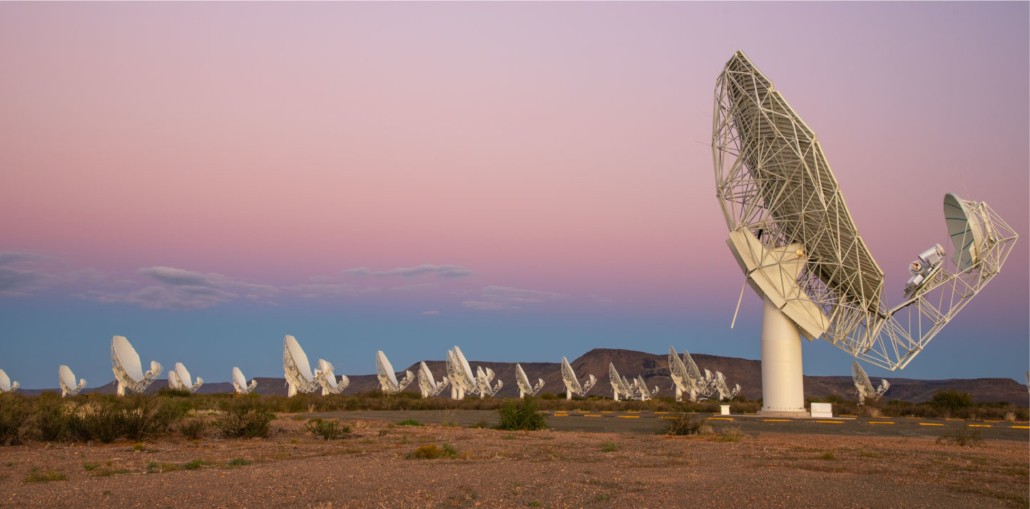Revolutionizing Astrophysics: Unveiling the Milky Way's Cold Hydrogen through MeerKAT Telescope
Key Ideas
- Using MeerKAT telescope, astronomers have mapped the Milky Way's cold hydrogen, providing insights into star formation and galaxy evolution.
- The project identified over 3,500 cold gas absorption features, revealing the cold gas phase crucial for star formation in our galaxy and others.
- MeerKAT's unprecedented sensitivity and resolution enabled the detection of faint 21-cm absorption signals, advancing astrophysical research.
- A bespoke data processing pipeline handling 1.6 petabytes of data was crucial for the project's success, setting a blueprint for future large-scale surveys.
Astronomers have utilized South Africa's MeerKAT telescope to create a detailed map of the Milky Way's cold hydrogen gas, fundamental for star formation. Led by Indian and South African researchers, the MeerKAT Absorption Line Survey (MALS) has identified 3,500 cold gas absorption features, revolutionizing insights into galaxy growth. This project, spearheaded by Neeraj Gupta, sheds light on the crucial role of cold hydrogen in star formation and offers a glimpse into the evolution of galaxies. The study reveals the vast reservoirs of cold gas necessary for future stars and aids in understanding the decline in the Universe's star formation rate over billions of years.
At the core of the MALS survey lies the MeerKAT telescope, renowned for its unparalleled sensitivity in detecting 21-cm absorption signals. The innovative design of MeerKAT allowed the team to explore galaxies far beyond our own, uncovering vital information about star-forming regions. Overcoming the challenge of processing 1.6 petabytes of data, the team developed a bespoke pipeline in collaboration with ThoughtWorks Technologies, setting a standard for large-scale radio astronomy surveys.
Integrating MALS data with other surveys, researchers unveiled intricate structures of hydrogen in the Milky Way, showcasing a dynamic system of stellar feedback and galactic recycling. The survey's findings include detecting radio sources previously unseen, testing cosmological predictions like the cosmic dipole effect, and supporting the reliability of radio observations in confirming the Universe's fundamental structure.
African researchers and students play a significant role in the MALS project, showcasing the empowerment of African astronomy on a global scale. With future releases planned to include data from more distant galaxies and preparations for the Square Kilometre Array (SKA), South Africa's advancements in radio astronomy spearheaded by MeerKAT are set to revolutionize astrophysics. The MALS team's contributions to the SKA project highlight the transformative impact of investments in African science, cementing a new era for astronomy in the region.
